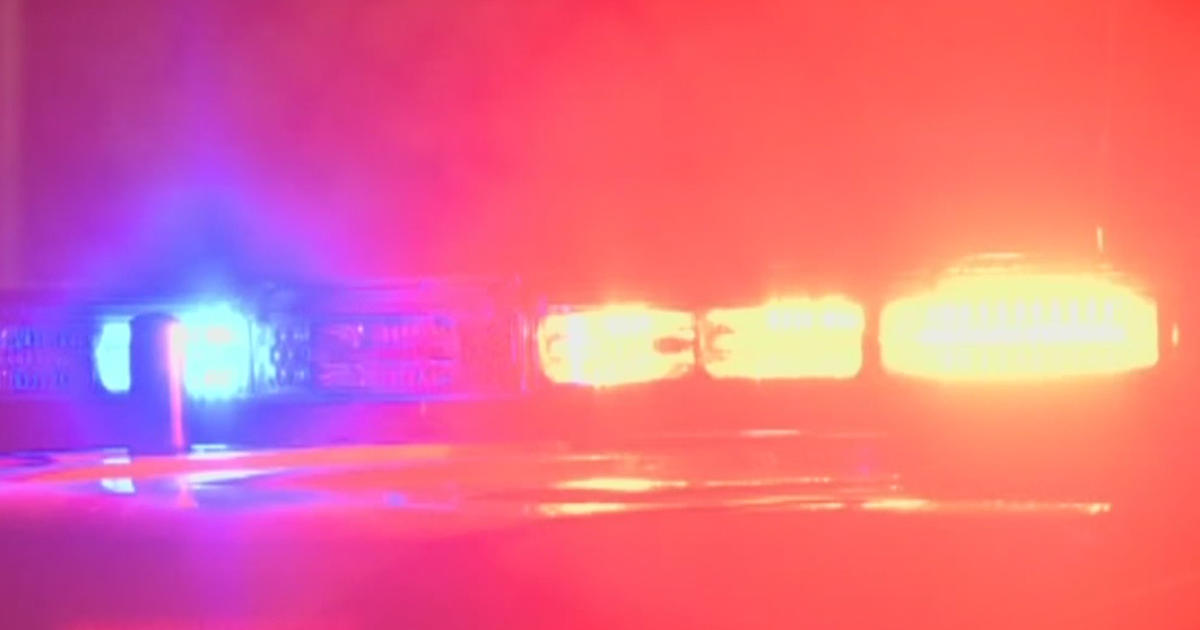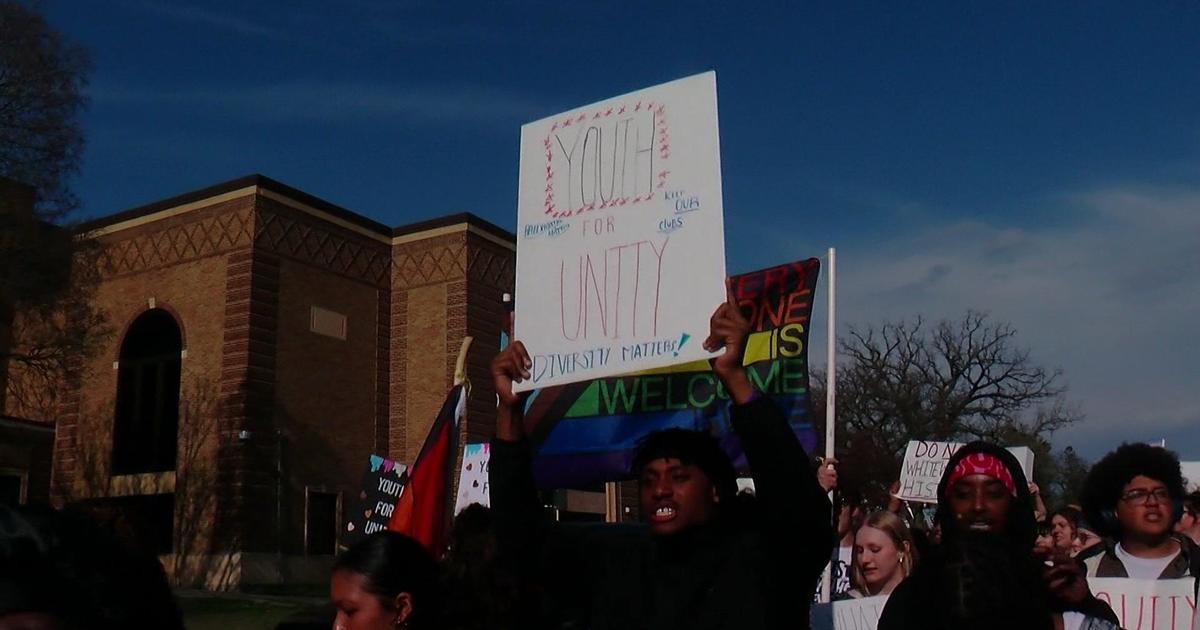Nuclear Waste Site Hunt Could Point To Granite
MONTPELIER, Vt. (AP) — The likely death of a planned nuclear waste site at Nevada's Yucca Mountain has left federal agencies looking for a possible replacement. A national lab working for the U.S. Department of Energy is now eying granite deposits stretching from Georgia to Maine as potential sites, along with big sections of Minnesota and Wisconsin where that rock is prevalent.
Three decades after the 1982 Nuclear Waste Policy Act said the federal government would handle disposal of high-level radioactive waste, the United States still has no agreed-upon solution for where and how to dispose of about 70,000 metric tons of it. About 10 percent is from the military's nuclear weapons programs; most of the rest is piling up at commercial reactor sites around the country.
Amendments to the law in 1987 designated Yucca Mountain as the only potential site to be studied. But with Senate Majority Leader Harry Reid, D-Nev., vehemently opposed, Barack Obama's administration last year directed the Energy Department to withdraw its license application for the site, which was filed with the U.S. Nuclear Regulatory Commission.
The new study was done by the Sandia National Laboratory in New Mexico, an offshoot of the U.S. nuclear weapons program that has grown to work on a variety of federal science projects, including Yucca Mountain. The lab now is operated under government contract by Sandia Corp., a subsidiary of defense giant Lockheed Martin Corp.
The study, which received little notice when it was released in August, said that with Yucca Mountain no longer in the picture, "other disposal environments in the U.S. are once again being investigated, including disposal in granite."
Exposure to high-level radioactive waste can be lethal, and the material needs to be isolated for at least thousands of years while its radioactivity dissipates. One court decision related to the decadeslong controversy over Yucca Mountain specified an isolation period of 1 million years — about five times as long as homo sapiens has existed on earth, according to the American Museum of Natural History.
Andrew Orrell, director of nuclear energy and fuel cycle programs at Sandia, said it would be premature for anyone to be concerned about a high-level radioactive waste site coming to their neighborhood.
"There is no leading candidate (among potential sites) of any kind, because there is no program at the moment for siting repositories," Orrell said in a phone interview.
John Keeley, a spokesman for the Nuclear Energy Institute, an industry group, said there is also no effort in Congress to break the logjam. The situation currently is characterized by "inertia," he said.
Several factors should put people at ease, Orrell said. While the Obama administration has mothballed Yucca Mountain, no process for selecting another site has been created in federal law. The Yucca license withdrawal also is being challenged in court, which could give a glimmer of hope to the project's supporters.
The nation's only active deep underground waste site is the Waste Isolation Pilot Project near Carlsbad, N.M., which is mainly storing plutonium from bomb-making.
Local officials and residents have welcomed the economic development that has come from hosting the site, and community leaders have indicated they are open to expanding it, Orrell said. That makes the salt beds of southeast New Mexico a likely long-term home for the nation's nuclear waste if Yucca Mountain remains out of the picture.
Orrell noted, too, that granite and salt beds are not the only type of environments under study. Sandia teams have launched similar reviews of clay and shale and deeper holes bored into the earth — as far as 3 miles — as potential sites. The studies have been done in part to keep skills sharp among staff who had been working on Yucca Mountain, Orrell said.
But Arnie Gundersen, a former nuclear industry engineer who is now a Vermont-based consultant on nuclear-related issues, called the report on granite sites "ominous." He pointed to factors that he said raise the likelihood of the massive granite outcroppings in rural parts of the Northeast attracting attention as potential waste sites.
Granite would appear to have an advantage over other environments, if the recent development of high-level waste sites in other countries is any guide. Both Finland and Sweden are on track to open waste sites buried deep in granite within the next 14 years.
The Sandia study says that granite's properties as a chemically and physically stable rock, with low permeability, would "strongly inhibit" radiation from reaching the outside environment if waste canisters leaked.
In addition to the Appalachian mountain range and upper Midwest, the study identifies several areas of the West as rich in granite deposits. But the western regions are described as having moderate to high seismic activity.
In contrast, the northern Appalachian and Adirondack region, including upstate New York and New England, as well as the Lake Superior region of Wisconsin and Minnesota, are described as having little to no seismic and volcanic activity.
Vermont is no stranger to the nuclear waste storage debate. It was one of the places Department of Energy surveyed for potential waste sites in the mid-1980s — before Congress targeted Yucca Mountain.
At one public hearing in Wells River, more than 2,000 people turned out to voice their outrage at the idea.
New England has long been a hotbed of opposition to the nuclear industry. Vermont is currently being sued by Entergy Corp. over the state's effort to deny a new 20-year license for the Vermont Yankee nuclear plant.
Madeleine Kunin was governor the last time a nuclear waste storage site search focused on Vermont. The letters she got and wrote in opposition — one resident said the proposal would "use Vermonters as guinea pigs" — fill more than a half-dozen folders in the state archives.
Kunin said recently she doubted the state would be any more welcoming now to the idea.
"Absolutely not," she said. "My gut reaction is this would not be a good place." The waste should go "somewhere really isolated from inhabited land ... somewhere in the middle of nowhere."
(© Copyright 2011 The Associated Press. All Rights Reserved. This material may not be published, broadcast, rewritten or redistributed.)



